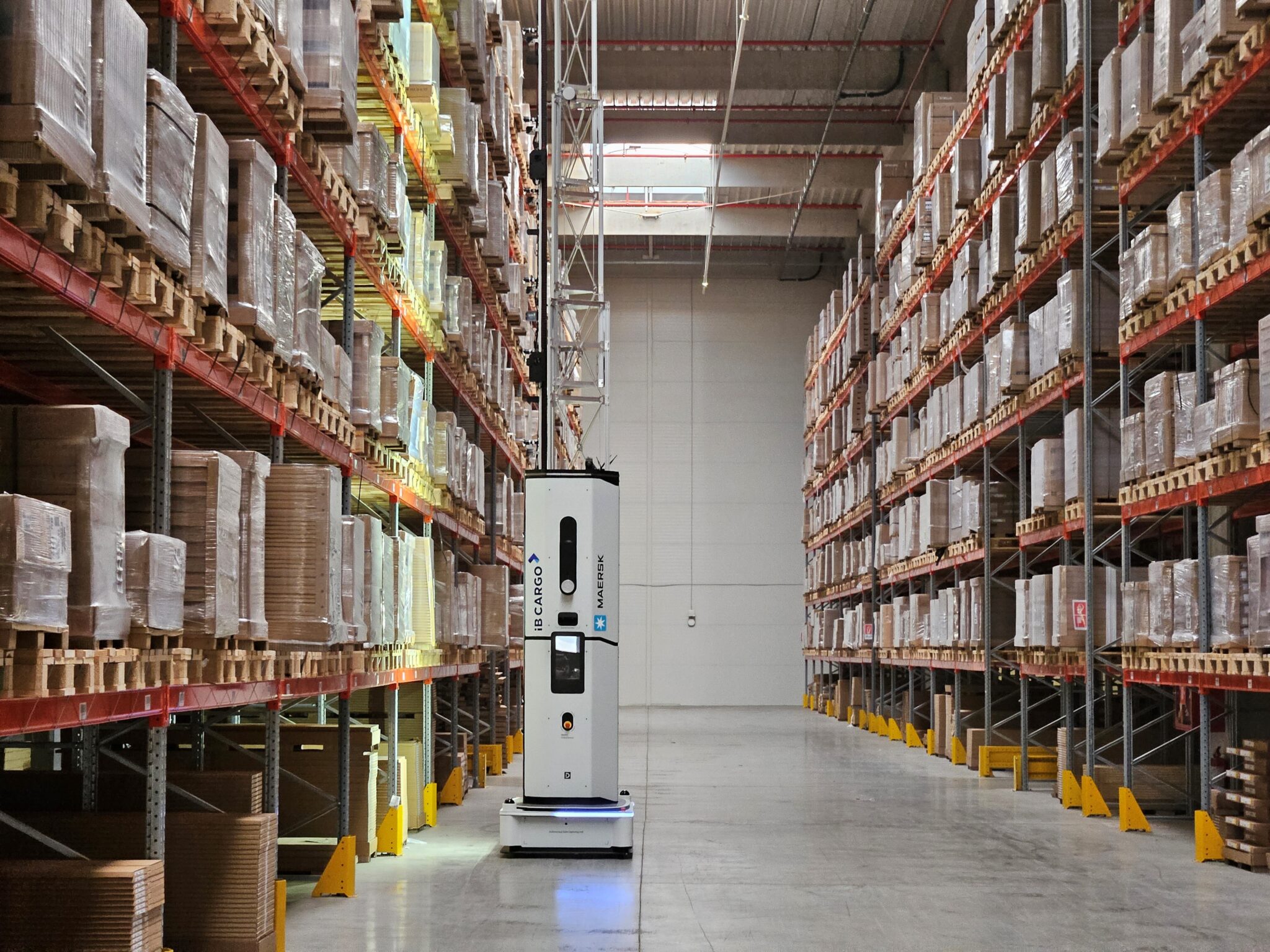In today’s retail landscape, sustainability is no longer just a buzzword – it’s a fundamental concern for consumers, that has an impact on retailers. The demand for eco-friendly products and environmentally responsible companies is on the rise. In fact, according to Descartes’ 2023 consumer sentiment study on home delivery sustainability, a sizable 41% of respondents indicated they regularly or always make purchasing decisions based upon the product or company’s environmental impact.
What is more, it’s no secret that freight transportation (i.e., over-the-road, ocean, rail and air) is one of the top causes of greenhouse gas emissions, representing 8% of global greenhouse gas emissions. Therefore, with an increasing spotlight on the environment, we wanted to know what companies were doing about transportation sustainability or not, and added it to Descartes 7th Annual Global Transportation Management Benchmark Study – the findings, of which, are useful to retailers.
To find out more, we divided transportation sustainability efforts into four categories, ranging from no action to a daily concern. The overall response showed that 31% of respondents indicated they did nothing, 19% reported on their transportation carbon footprint, 27% factored it into their strategic plans and 22% made sustainability a component of their daily transportation decisions.
In essence, we discovered that 50% of businesses are actively addressing sustainability in transportation, presenting an excellent opportunity not only to make a positive impact on the planet; but also to cater to a market hungry for sustainable choices. Chris Jones (pictured), EVP, Descartes explains more.
Taking this exploration further for retailers, we examined how management perceives the importance of transportation management and its correlation with company financial performance. We discovered that companies whose management regarded transportation as a competitive advantage (57%) were far more likely to take action compared to those who did not prioritise transportation management (48%). Similarly, in terms of financial performance, the numbers were compelling, with 58% of top performers taking action, contrasting with 44% of less successful companies. This then raises a question of retailers about the extent to which they can perceive how transportation could enable competitive advantage?
Additionally, differences in sustainability actions among businesses that recognise the value of transportation management and top financial performers, versus other respondents makes sense. In the benchmark study, we see these respondents more interested in strategies and actions that improve transportation management performance; and most transportation management improvement programs have a positive and measurable impact on the environment too – again, something which is important to consumers and, inadvertently, the retail sector at large.
Reducing CO2 footprint, fuel consumption and waste generated are all results of transportation management performance improvement programs that reduce distance per delivery, empty miles, and vehicle wait times and eliminate paper-based processes. So, if there is a perception that most sustainable transportation efforts result in less efficient supply chains, this needs correcting.
In fact, sustainable transportation programs are also an opportunity for organisations, including retailers, to capture more business. The home delivery sustainability study showed that consumers are more willing to buy from companies that can showcase sustainable supply chains, with 60% expressing a preference for environmentally-friendly delivery options. Equally important for B2B companies is the opportunity to gain more business from companies that are looking at their supply chains’ partners to help reduce Scope 3 Emissions, as defined by the United States Environmental Protection Agency and the Corporate Sustainability Reporting Directive (CSRD) initiated in January 2023. This standard requires more large businesses and SMEs that trade in the EU to conduct sustainability reporting to stricter standards from January 2024.
Conclusion
It’s clear, now more than ever, that retailers have a unique opportunity to distinguish themselves by embracing sustainability in their transportation management efforts. This not only meets regulatory requirements – but also aligns with the preferences of eco-conscious consumers and contributes to a greener, more sustainable future. As well as this, retailers who make this a priority will also simultaneously cut costs, boost customer satisfaction and grow their business. How many opportunities are there for retailers and businesses alike to create this kind of win, win, win, win situation?





